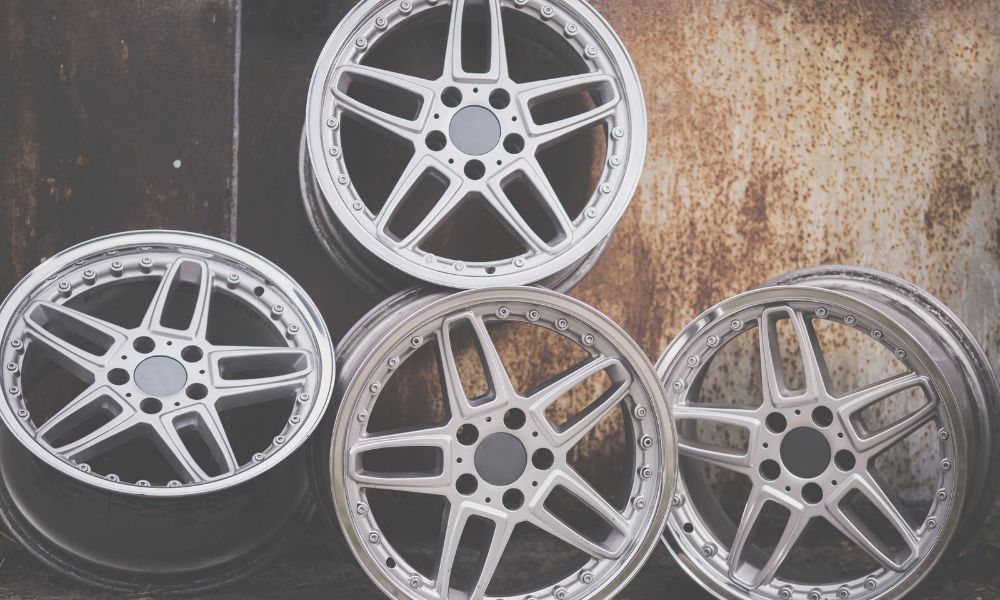
As a car owner, it can be difficult to know what kind of replacement wheels you should get for your vehicle: OEM wheels or aftermarket wheels. With so many different wheel types available, it’s easy to become overwhelmed and confused. But understanding the differences between these two kinds of wheels is key when finding the perfect set for your ride. We’ll provide a guide on OEM wheels vs. aftermarket wheels so you can decide which type suits your needs.
OEM Wheels
If you need new wheels for your vehicle, you might want to consider replacement OEM wheels. “OEM” stands for original equipment manufacturer, meaning these wheels are made by the same manufacturer that built your car. This process ensures they’re designed specifically for your car’s make and model, resulting in a perfect fit and optimal performance. These wheels are made to match the quality and durability of your original wheels and are a great choice for those looking for a seamless replacement.
Additionally, OEM wheels often come with the same warranty as your original wheels, providing peace of mind for your investment. If you need new wheels, look into OEM options for a solution that is safe, reliable, and designed to meet your vehicle’s exact specifications.
But beware of the hefty price tag that can come along with purchasing OEM parts directly from your dealership. Often, you can find OEM replacement parts at more affordable prices from online retailers like WheelerShip.
Aftermarket Wheels
The other option you might consider for your car is aftermarket wheels. If you are simply looking to match the wheels already on your car, reconditioned OEM wheels or OEM reproductions (sometimes called “replicas”) from a reputable source like WheelerShip can be an excellent option.
Reconditioned OEM wheels are the original factory parts that have been restored to factory-quality—for example, they’ve been refinished to repair cosmetic damage. OEM reproductions from WheelerShip are made from identical high-quality materials and built to identical specifications and weight as OEM wheels.
When you buy OEM reproductions or reconditioned wheels from WheelerShip, they are also covered by a warranty. And they are made to match the specific make, model, and year of your vehicle, so you can replace one wheel or the whole set!
If you’re looking for a unique or custom design, special colors, or fancy features, then upgrading to aftermarket wheels might be for you. But be sure to look for something of high quality that matches the specifications compatible with your vehicle.
The Differences
While the differences between these types of wheels are fairly minor, it’s still worth acknowledging what sets each option apart. When you buy OEM wheels, you know you’re getting a quality product from the people who know your vehicle the best.
However, if OEM wheels are what failed you before, or budget is a consideration, it might be worth looking into aftermarket options. When purchased from a reputable retailer like WheelerShip, the quality of these wheels is just as good and will look just like the OEM wheels on your car. The best part is the aftermarket wheels will only cost a fraction of the price and you avoid the enormous dealership markup.
Now that you know the differences between OEM and aftermarket wheels, it’s time to choose the best option for your vehicle. Be sure to check out WheelerShip’s selection of wheels, including our 2019 Nissan Altima wheels. With these wheels, you’ll be able to keep cruising down those roads in style for many years to come.


